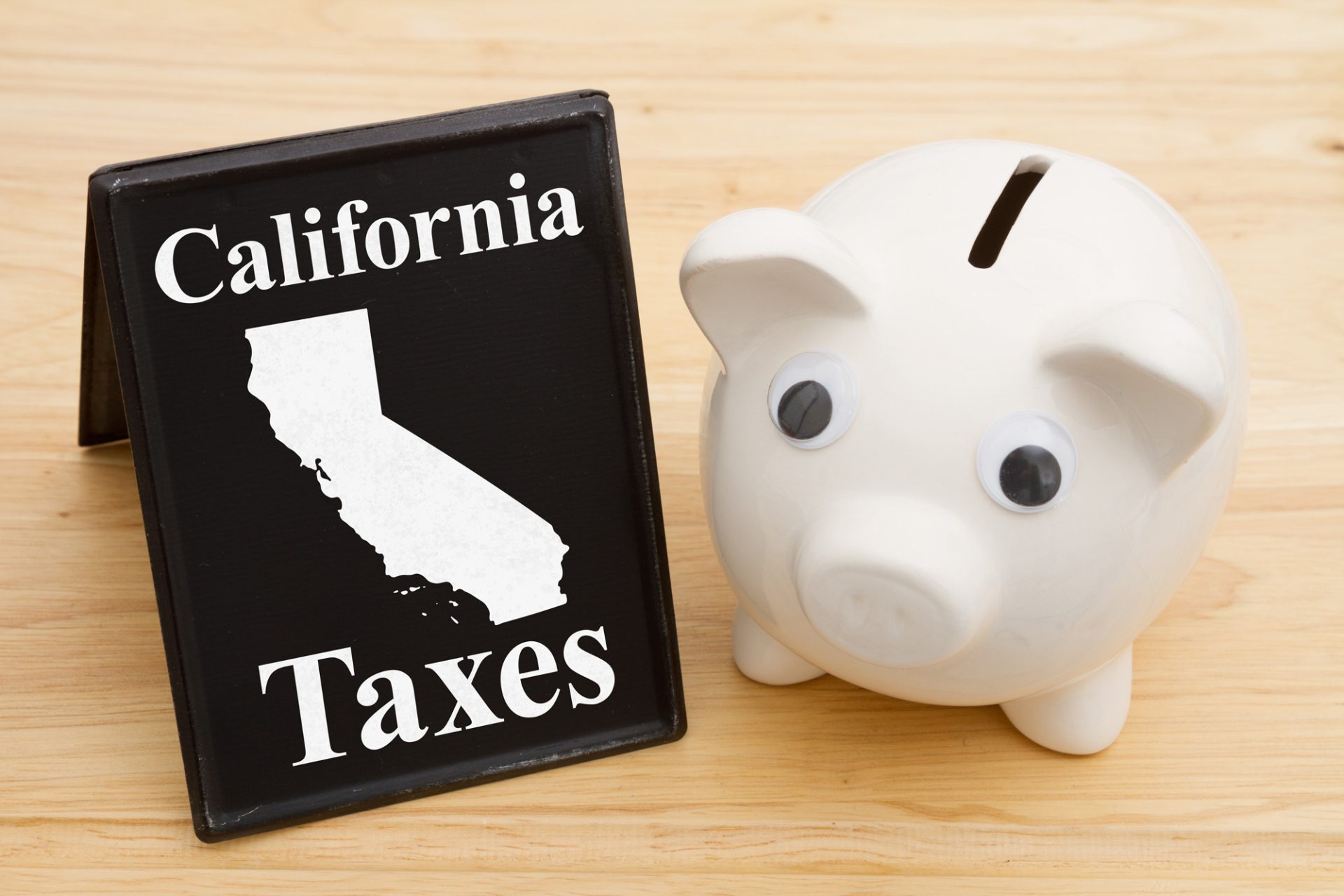
By Kate Dymedenko, CPA, CTC Growise CPAs
Section 280E of the federal tax code looms over American cannabis operators like a dark cloud, severely impacting profitability in an already challenged regulatory landscape. But we’re not here to tell you about things you already know. You might not be aware that 280E does not apply at the state level in California (and some other states), so you can deduct all business expenses and potentially save a bundle on this year’s tax filing.
Taking advantage of these deductions is especially critical now as new excise taxes may be implemented as early as July if Cal NORML’s bill to block them is unsuccessful.
Under 280E, cannabis companies can’t deduct everyday expenses the same way other businesses can. Cannabis is still classed as a Schedule I substance, lumped in with potent hallucinogens like LSD, ecstasy (methylenedioxymethamphetamine), peyote, and banned hypnotics like methaqualone, a position that never really fit, especially considering it’s legal for recreational or medical use in almost every state.
The federal government and the FDA seemed to be making good progress on rescheduling—at least until late last year—it’s unlikely we’ll see any movement until the dust settles on the current administration’s priorities.
For now, we’ll have to double down on strategy and take all the deductions we can. If you’re unsure about what expenses you can deduct, we’ve compiled a list so you can start gathering documentation.
What Cannabis Companies Can and Can’t Deduct
Though you can deduct expenses related to cost of goods sold (COGS), most standard business deductions can’t be applied to federal income tax owing.
Because 280E restrictions don’t apply to California state tax, it opens up avenues for significant tax savings that you should be taking advantage of. While you still can’t claim these deductions on your federal return, it is encouraging to know that California recognizes them as legitimate expenses.
Here is a list of 280E-related expenses you can claim on your state return:
- Rent or lease payments for business properties
- Utilities not related to production
- Insurance premiums for workers comp, liability, malpractice, etc.
- Legal and professional fees (accounting, tax prep, etc.)
- Software, office equipment (computers, printers, etc.), and technology costs
- Equipment purchase and maintenance
- Advertising costs (marketing, sponsorship, dues to associations etc.). So, yes, your Cal NORML business membership is deductible on the state level
- Delivery costs
- Trade show and convention fees and costs
- Banking fees
- Interest paid on business expenses
- Office supplies
- Online services and subscriptions
- Consulting fees
- Contractor fees
- Wages, salaries, and commissions
- Payroll taxes and payroll processing
- Permits and licenses
- Cleaning services, maintenance, and janitorial fees
What Types of Cannabis Businesses Can Access These Deductions?
All California-based cannabis companies and ancillary businesses can tap into deductions federally disallowed under 280E. This includes production facilities, dispensaries, research and testing facilities, cannabis technology companies, cannabis food and beverage companies, and manufacturers and retailers of consumption devices.
Additionally, California-based companies can access some unique tax credits that may further reduce their tax burden.
The High Road Cannabis Tax Credit (HRCTC) allows a credit of up to 25% of eligible expenses to a maximum of $250,000 annually. To qualify, businesses must pay their employees, provide group health insurance, and offer retirement or pension benefits. Qualified expenses under HRCTC include wages and benefits, safety equipment costs, and employee development and training.
The California R&D Tax Credit allows a dollar-for-dollar state tax liability reduction for cannabis companies and ancillary businesses involved in the research and development of products, equipment, product storage, processing, or environmental innovation.
Tips for Making the Most Out of California’s 280E State Tax Exemptions
Now that you’re armed with some good tax news for a change, let’s sharpen those pencils and get busy!
As with all things related to cannabis taxation, it’s critical to maintain clean books and keep meticulous records and documentation of your expenses.
All business expenses should be tracked regardless of their deductibility. Besides the more obvious benefit of knowing where your money is going, tax laws can change at any time, and you may be able to claim retroactively. In best practice, you should maintain records for seven years.
Plus, if you intend to seek investment or envision an exit in the coming years, you will need those records to support valuation and prove viability. Clean books support accurate business forecasting and cash flow analysis, enabling better business decisions.
Cannabis businesses are inordinately targeted by auditors, partly because there are so many grey areas where deductions are concerned, partly due to the high volume of cash transactions and non-compliant inventory methods and processes. By keeping clean books, you’ll be well-prepared when the auditor comes a-knocking.
Here are a few additional tips to keep you on track:
- Track all transactions. Accurate record-keeping is essential to support good accounting practices. Document every detail of your transactions, including sales, expenses, receipts, invoices, dates, taxes paid, and payment method. No detail is too small.
- Reconcile your accounts regularly. Match transactions to your bank accounts frequently, daily or weekly, if possible. Leaving your bookkeeping tasks too long makes it harder to track issues, if there are any.
- Using cannabis-specific accounting software to track inventory, sales, purchases, taxes, and payroll hours.
- Work with a qualified cannabis CPA. The cannabis industry is a complex, highly regulated environment. Working with accountants who understand your unique challenges is the best way to stay on top of current regulations and taxation and to take advantage of state-based tax deductions disallowed at the federal level.
Until the federal government reschedules, cannabis operators must rely on advice, expertise, and advocacy to keep their businesses healthy and profitable. The cannabis CPAs at Growise are dedicated to supporting you with timely tips and advice to help you navigate cannabis tax complexities.
Learn more about Growise CPAs in the Cannabis Marketplace member directory on CaNORML.org



